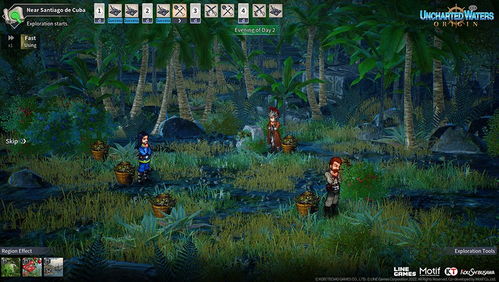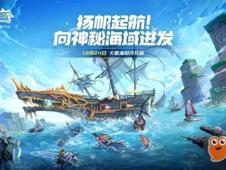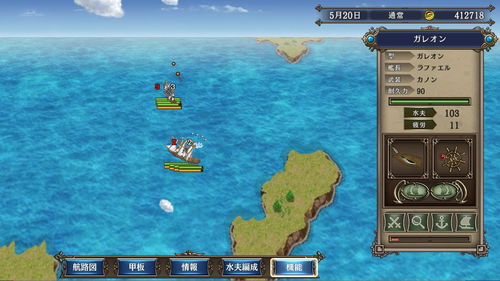来源:小编 更新:2024-12-04 06:24:36
用手机看

The Age of Exploration, also known as the Age of Discovery, was a pivotal period in world history that began in the 15th century. It marked the beginning of European exploration and colonization of the world beyond their known boundaries. This era was characterized by the search for new trade routes, the discovery of new lands, and the establishment of colonial empires. Let's delve into the origins of this fascinating period.

The primary motivation for European exploration was economic. The discovery of new trade routes would allow European nations to bypass the lucrative spice trade controlled by the Ottomans and the Venetians. Additionally, the search for precious metals and new markets for goods was a driving force. The Portuguese and Spanish were the first to capitalize on this new era, but other European powers, including France, were not far behind.

France, traditionally seen as a land-based power, also had a significant role in the Age of Exploration. The French were among the first to explore the West Indies and establish colonies in the Americas. Their interest in exploration was sparked by the tales of riches in the New World and the desire to establish trade routes with Asia. The French explorer, Jacques Cartier, is credited with discovering the St. Lawrence River and the Great Lakes in the early 16th century, which opened up a new route to the interior of North America.

Advancements in technology and navigation were crucial to the success of exploration during this period. The invention of the astrolabe, a device used to measure the angle between celestial objects and the horizon, allowed navigators to determine their latitude. The development of the caravel, a type of ship designed for long-distance ocean travel, also played a significant role in the success of explorers. These technological advancements made it possible for explorers to venture further and explore new territories.

The Age of Exploration had a profound impact on world history. It led to the discovery of new lands, the establishment of colonial empires, and the exchange of goods, ideas, and cultures between Europe and the rest of the world. The European powers that dominated exploration, such as Spain, Portugal, England, France, and the Netherlands, gained immense wealth and power, which would shape the course of history for centuries to come.

The Age of Exploration left a lasting legacy on the world. The discovery of new lands led to the expansion of empires, the spread of Christianity, and the exchange of goods and ideas. However, it also brought about the exploitation of indigenous peoples and the spread of diseases that decimated native populations. The legacy of the Age of Exploration is complex and multifaceted, reflecting the profound changes it brought to the world.

The Age of Exploration was a period of great change and discovery that reshaped the world as we know it. It was driven by economic motives, technological advancements, and the desire for knowledge and power. The legacy of this era continues to influence the world today, as we continue to explore and understand the vast and diverse lands that make up our planet.